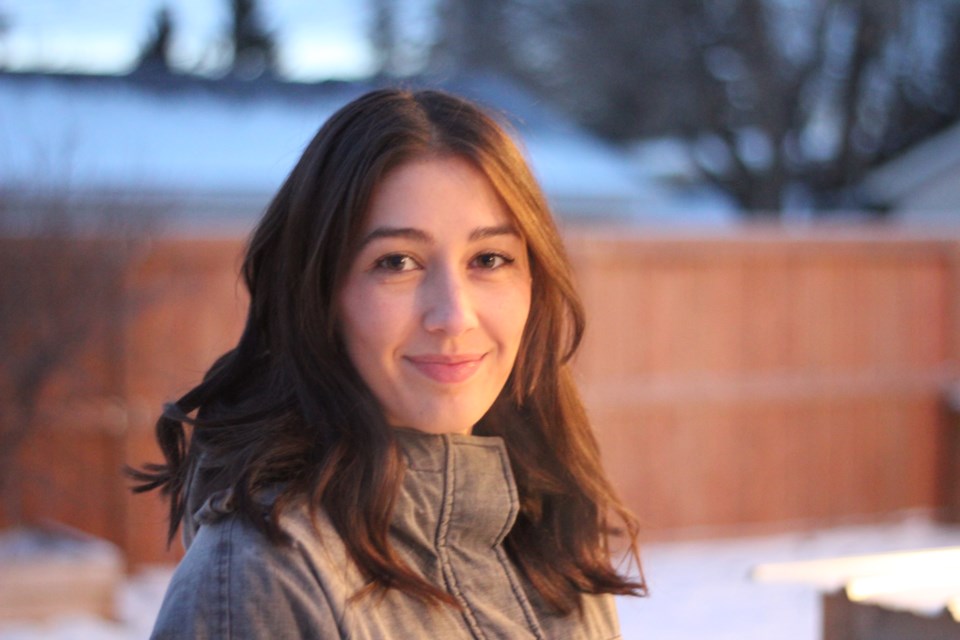World TTTS Awareness Day is coming up on Dec. 7 and similarly to last year, it has me reflecting on an experience where my husband and I found ourselves fighting for our two little boys before we ever even met them.
TTTS stands for twin-to-twin transfusion syndrome and is considered a rare, in utero condition that occurs only in identical twins sharing a placenta. A quick explanation: the placenta unevenly distributes blood to one baby resulting in a 10 per cent survival rate if untreated.
TTTS is usually detected between 16 and 26 weeks gestation, so when I had an ultrasound at 15 weeks I didn’t anticipate anything was wrong.
It wasn’t until the technician returned with a doctor in tow that I felt a pit in my stomach grow.
She pulled my husband and I into a different room and broke the news that our twins didn’t just have TTTS but they feared it was stage 4; the final stage.
It still brings tears to my eyes today when I remember sitting in that tiny room overlooking a busy highway with a space heater blowing air into my face. I think I was in shock when the two doctors blankly explained the next steps and decisions we would have to make.
After they left the room, my husband calmly explained our options again, which included three terrible outcomes and one potentially good outcome.
We decided to fly to Toronto three hours later so specialized doctors could do the only thing that could save our babies, which was to operate on the placenta in utero.
Once in Toronto, we met Dr. Greg Ryan, a perinatologist at Mount Sinai Hospital and head of the University of Toronto Fetal Medicine program.
He showed us numerous studies he had done where this surgery was successful outside of the more common 16 to 26 gestation window, and I believe we got the best of the best surgeons.
Words cannot convey how thankful we are to this man and his passion for his work. Ryan and his team are the reason we have two happy toddlers running around today.
While I was still in a daze from the medications after surgery, he told us the surgery wasn’t straight-forward and it took longer than expected; he offered no promises.
But the biggest relief came the next day when an ultrasound showed two beating hearts.
While our journey with TTTS was far from over, we made it home after an in-utero blood transfusion for “Twin B” and a week in Toronto.
In Canada, TTTS affects about 250 sets of twins each year, according to the Sinai Health Foundation.
My biggest wish for anyone with multiples is that they get an early ultrasound so they can catch these things before it’s too late.


